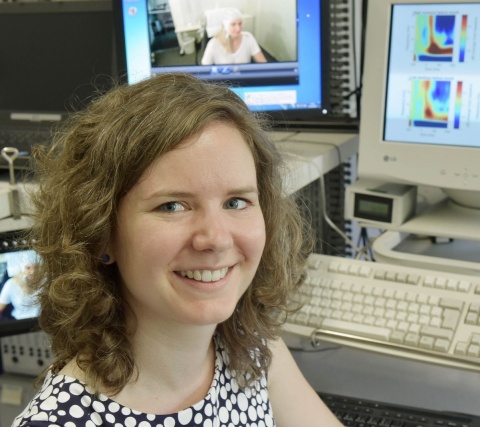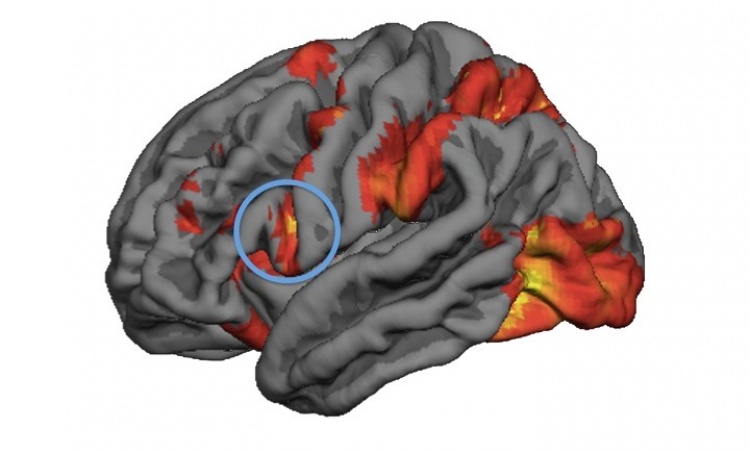News • Behaviour prediction
The psychology of taking risks
An anxious person will avoid risks whenever possible - this in itself is not a surprise. However, researchers have found a way to visualize this process in the brain.

A team of psychologists from the German Friedrich Schiller University Jena, together with partners from Würzburg, Germany and Victoria, Canada they conducted an experiment to measure the risk behaviour of participants while using electroencephalography (EEG) to observe their brain activity. The results are published in the current issue of 'Psychophysiology'.
"In preparation for the experiment, we used a questionnaire to select 20 very anxious and 20 less anxious people," explains Dr Barbara Schmidt of the University of Jena, who led the project. "During the actual experiment, the participants had to turn over one of two cards, repeating this task a number of times. In each round, they could win a maximum of 11 cents. The important point was that they had to decide between two possibilities: a high-risk one in which they could win either 11 cents or zero cents, and a low-risk alternative in which the test person could win either five or six cents. The expected value of 5.5 cents was always the same." In the experiment, the more anxious participants more often chose the lower-risk combination.
"In preparation for the experiment, we used a questionnaire to select 20 very anxious and 20 less anxious people," explains Dr Barbara Schmidt of the University of Jena, who led the project. During the actual experiment, the participants had to repeatedly turn over cards. To 'win' each round, they had to decide between two possibilities: a high-risk one in which they could win either 11 cents or zero cents, and a low-risk alternative in which the test person could win either five or six cents. As was to be expected, more anxious participants tended to choose the lower-risk combination.
However, the EEG recorded during the experiment revealed a key finding of the study: While participants were making their decisions, a specific type of brain activity - the Frontal Midline Theta Power - was especially high. "Previous research had already shown that this signal is particularly pronounced in anxious people, but until now we did not know what effect it had on behaviour," said psychologist Schmidt. "With our study we have now been able to demonstrate that the Frontal Midline Theta Power shows heightened cognitive control - weighing up the options more intensively - during the decision-making process." This is a pivotal finding for behavioural research.
The key to predicting behaviour?
The link between anxiety and the associated behaviour is therefore completely explained
Barbara Schmidt
Psychologists often examine correlates in the brain that indicate a certain psychological concept(Article in German), but this does not always allow to draw conclusions about a person's behaviour. "In our results, everything just fits together very well," says Barbara Schmidt. "We have the initial psychological situation, the appropriate brain activity that represents the decision-making process, and the resulting behaviour. The link between anxiety and the associated behaviour is therefore completely explained." The researchers discovered that higher Frontal Midline Theta Power indicates a low-risk decision. Using this knowledge, it is even possible to use the relevant EEG to predict the decisions a person will make in specific situations.
In further research, Barbara Schmidt aims to use these findings in her specialist field, hypnosis: "In subsequent studies I would like, for example, to find out whether people take greater risks if they are told under hypnosis that they feel safe," she explains. "The new findings on the Frontal Midline Theta Power will be very helpful in that work."
Source: Friedrich Schiller University Jena
20.06.2018





